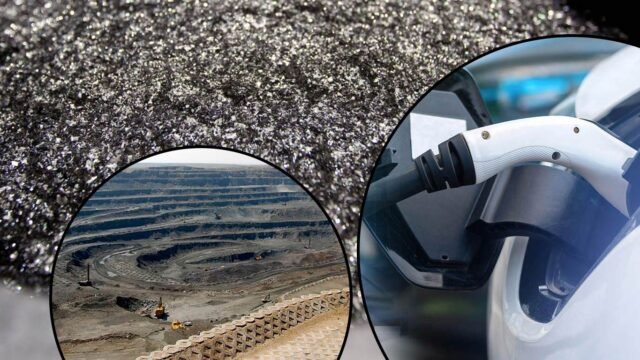Hyderabad, Jun 9 (KNN) The Technology Development Board (TDB), under India’s Department of Science & Technology, has sanctioned funding to support Midwest Advanced Materials Pvt Ltd (MAM) in setting up a domestically‑scaled facility for neodymium‑iron‑boron (NdFeB) rare‑earth permanent magnets.
These magnets are crucial for electric‑vehicle propulsion systems, wind‑turbine generators, and a wide range of high‑tech equipment.
The ₹1,000 crore project will leverage advanced Molten Salt Electrolysis (MSE) developed by the Non‑Ferrous Materials Technology Development Centre (NFTDC), marking a significant stride toward eco‑friendly, indigenous manufacturing.
Under the initiative, NFTDC is transferring its technology to MAM, establishing a fully integrated production ecosystem—from rare‑earth oxide extraction to finished magnet assembly.
Initially, the plant will produce around 500 tonnes of finished NdFeB magnets annually, derived from approximately 150–170 tonnes of rare‑earth oxide feedstock. Production capacity is planned to climb to 5,000 tonnes per year by 2030.
According to NFTDC Director Dr K. Bala Subramanian, this demonstration facility (TRL‑9) will catalyse Indian capabilities across high‑performance magnets, impacting sectors like smartphones, medical imaging, robotics, and renewable energY.
MAM will source raw materials from India Rare Earths Ltd (IREL), and leverage domestically designed low‑cost plant and machinery to enhance the project’s economic viability.
Rajesh Kumar Pathak, Secretary of the TDB, underscored that the initiative not only advances India’s clean‑energy goals but also addresses critical supply‑chain risks by reducing reliance on foreign magnet imports.
As India pushes for greener mobility and cleaner energy, self‑reliance in permanent‑magnet production is vital. At a time when global supply chains are pivoting away from China, this Rs 1,000 crore initiative strengthens India’s strategic position and boosts competitive edge in high‑tech manufacturing.
(KNN Bureau)






